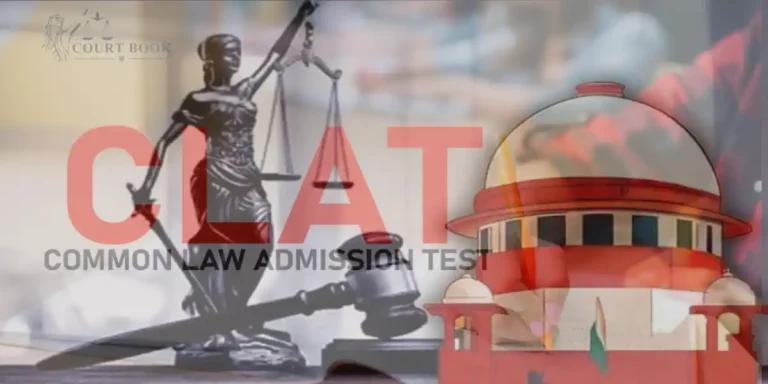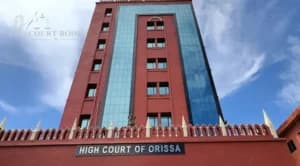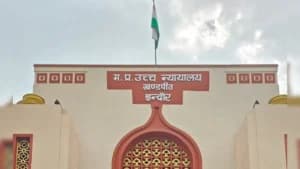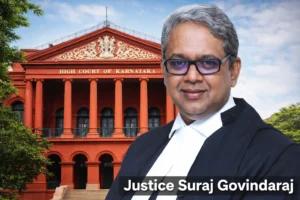The Supreme Court of India recently directed the Consortium of National Law Universities (NLUs) to revise the CLAT-UG 2025 merit list, identifying multiple errors in the question paper. The bench, comprising Justice BR Gavai and Justice AG Masih, criticized the Consortium for the poor quality of the examination questions, which impacted the careers of thousands of students.
The Court was hearing petitions challenging the Delhi High Court’s order regarding CLAT-UG 2025. Highlighting its concerns, the bench stated, “We must express our anguish at the casual manner in which the Consortium has been framing the questions for the CLAT examination.”
- Question 56: The Court clarified that protecting the environment is a duty of both the State and citizens. Marks were awarded to students who chose options (c) and (d).
- Question 77: The Court disagreed with the High Court's decision to delete this question, stating that logical reasoning should lead to the correct answer (b).
- Question 78: The Supreme Court agreed with the High Court’s view that answer (c) was correct, leaving it unchanged.
- Questions 85 and 88: The Court found the questions similar and directed the deletion of both.
- Questions 115 and 116: These questions were deleted due to the complex mathematical analysis required, which was deemed inappropriate for an objective test.
Read also: Supreme Court: Accused in PMLA Cases Entitled to List of Unrelied Documents by ED
The bench expressed disappointment over the failure of the Union Government and Bar Council of India to establish a permanent CLAT governing body, despite the Supreme Court’s recommendation in 2018. The Court issued a notice to the Union Government on this issue.
The case arose from petitions filed by two candidates, including Siddhi Sandeep Ladda, who argued that the merit list revision would harm her chances of securing admission to top law schools like NLSIU. Senior Advocate KK Venugopal, representing Ladda, emphasized the unfair impact of the revised merit list.
Justice Gavai questioned the quality of questions, commenting, “What kind of Vice Chancellors are setting question papers?” He further questioned if the Consortium expected 16-17-year-olds to solve complex calculations without proper preparation.
Read also: Supreme Court Issues Notice in Six Appeals Challenging Acquittals in 1984 Anti-Sikh Riots Cases
The Court’s decision aims to ensure a fair assessment for all candidates, emphasizing the need for improved standards in CLAT exams.
Appearance: Senior Advocates KK Venugopal, Gopal Sankaranarayanan, Deepak Nargolkar and Soumik Ghoshal AOR (for the petitioner)
Case Title :
(1) SIDDHI SANDEEP LADDA v. CONSORTIUM OF NATIONAL LAW UNIVERSITIES AND ANR | Diary No. 22324-2025
(2) ADITYA SINGH Versus CONSORTIUM OF NATIONAL LAW UNIVERSITIES | Diary No. 24223-2025














